Brain Center nieuws
Brain Center nieuws
Jeroen Pasterkamp member of Academia Europaea
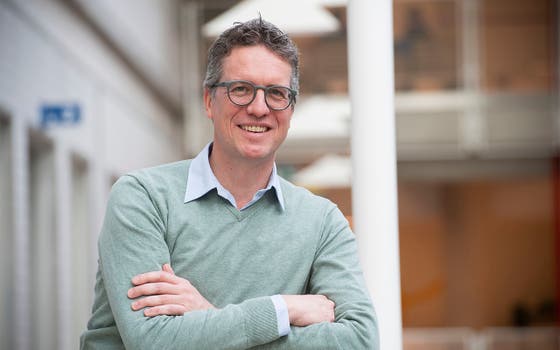
Jeroen Pasterkamp, professor of Translational Neuroscience and scientific director of the UMC Utrecht Brain Center, has been appointed a member of the Academia Europaea. That is the European society of scientists belonging to the global top. The appointment is a tribute to Jeroen's groundbreaking research and leadership in the neuroscience field.
Read moreDecoding the brain - Loss of use does not mean loss of function
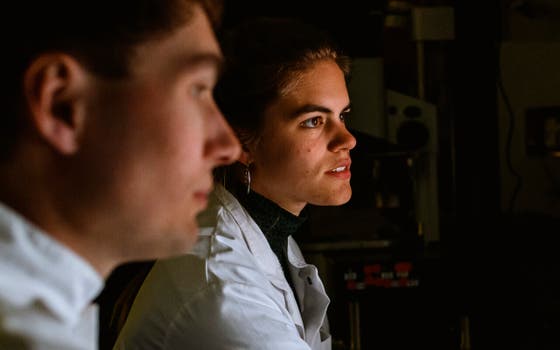
Imagine you are completely immobile, only able to blink to communicate with the outside world. This is the reality for people with locked-in syndrome, a condition where patients are completely paralysed except for their eyes, while being fully conscious. Mark Bruurmijn spent his PhD working on building a brain-computer interface, helping these patients to communicate. On April 11th Bruurmijn receives his doctorate for his work on decoding the brain.
Read moreRole of placenta in babies with congenital heart defect
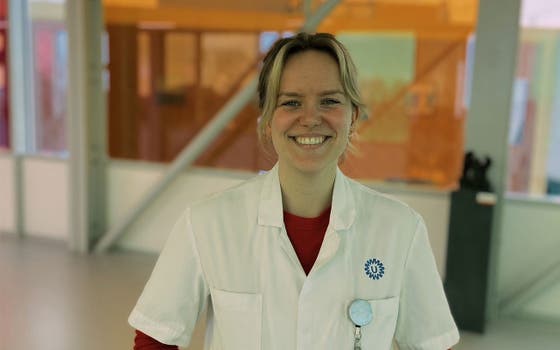
Children with a severe congenital heart defect are at risk of delayed brain development. In the early development of these children, not only the heart but also the placenta plays an important role, according to research by PhD student Maaike Nijman (UMC Utrecht) that appeared in the Journal of the American Heart Association.
Read moreGovernment invests in animal-free innovations
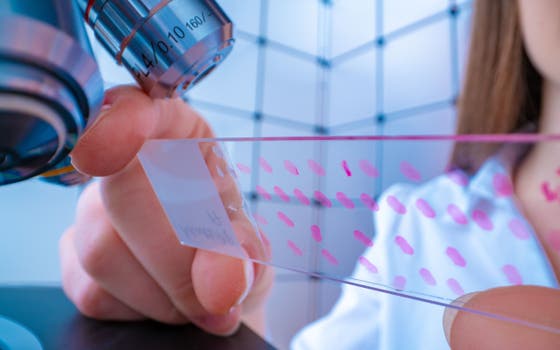
The Dutch National Growth Fund will invest 124.5 million euros in a new centre for animal-free biomedical testing. Of this investment, 55 million euros are awarded directly and 69.5 million euros are granted subject to conditions. Known as the Centre for Animal-Free Biomedical Translation, its aim is to generate safer, more effective treatments, while reducing animal suffering.
Read moreAI forecasts outcomes in very premature babies
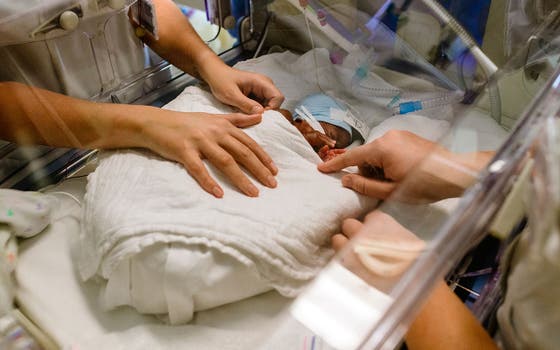
Researchers at UMC Utrecht have developed an AI model to predict long-term outcome in extremely premature babies early in life. The model can identify which infants might face intellectual disability as they grow. When further developed, it could offer crucial insights for healthcare providers as well as valuable information for parents about their child’s expected developmental journey. The results of the study have been published in The Lancet Digital Health.
Read moreResearchers Uncover Genetic Factors in Epilepsy
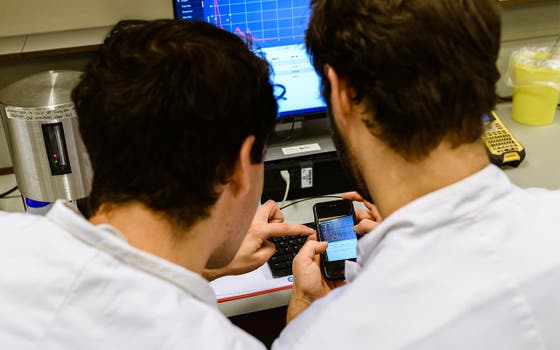
Researchers from UMC Utrecht, along with colleagues, have discovered specific changes in our DNA that increase the risk of developing epilepsy. They did this within the International League Against Epilepsy (ILAE). The results of this largest genetic study of its kind have been published in Nature Genetics. These findings significantly enhance our understanding of the origins of epilepsy and can contribute to the development of new treatments.
Read moreUMC Utrecht appoints eight clinical scientists
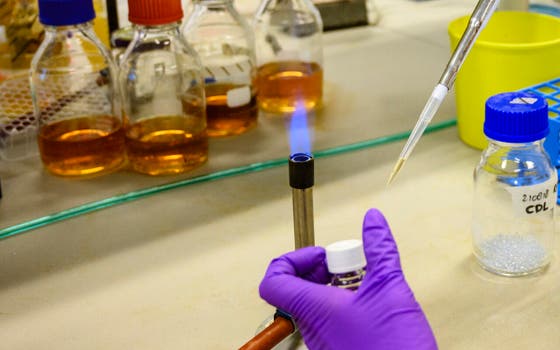
Eight clinical scientists have been appointed at UMC Utrecht. These are in-house healthcare providers with an interest and proven expertise in conducting scientific research. Divisions and strategic themes nominated candidates for this new role. They have been enabled to devote 40 per cent of their time to research for five years.
Read moreTapering Antidepressants with tapering strips
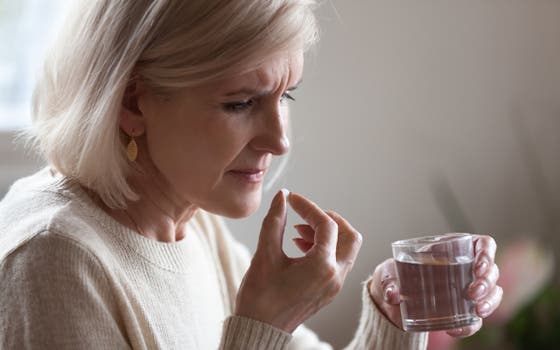
Stopping antidepressants can lead to withdrawal complaints. Tapering strips are a tool to prevent these complaints. Researchers Prof. Jim van Os & Dr. Peter Groot investigated how a client can gradually and safely taper antidepressants using tapering strips.
Read moreDecline comes later than previously thought
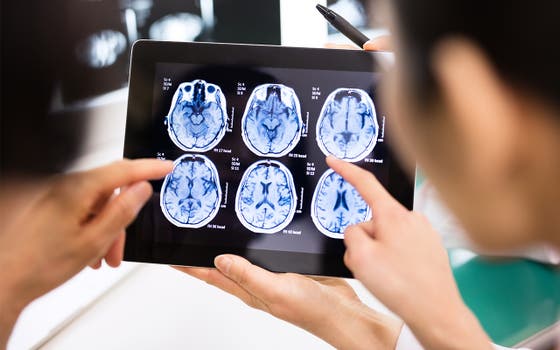
Utrecht, March 21, 2023 - Recent research from University Medical Center Utrecht (UMC Utrecht) shows that our brain declines later than previously thought. Instead of after our 25th year of life, it happens when we are between the ages of 30 and 40. The researchers published their results in Nature Neuroscience.
Read moreLaunch of the Sleep Discovery Lab
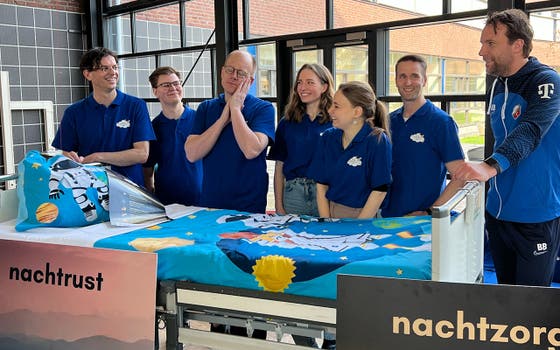
Today on World Sleep Day, the Sleep Discovery Lab is being launched at the WKZ. The Sleep Discovery Lab is a virtual platform dedicated to sleep research and innovation.
Read more
